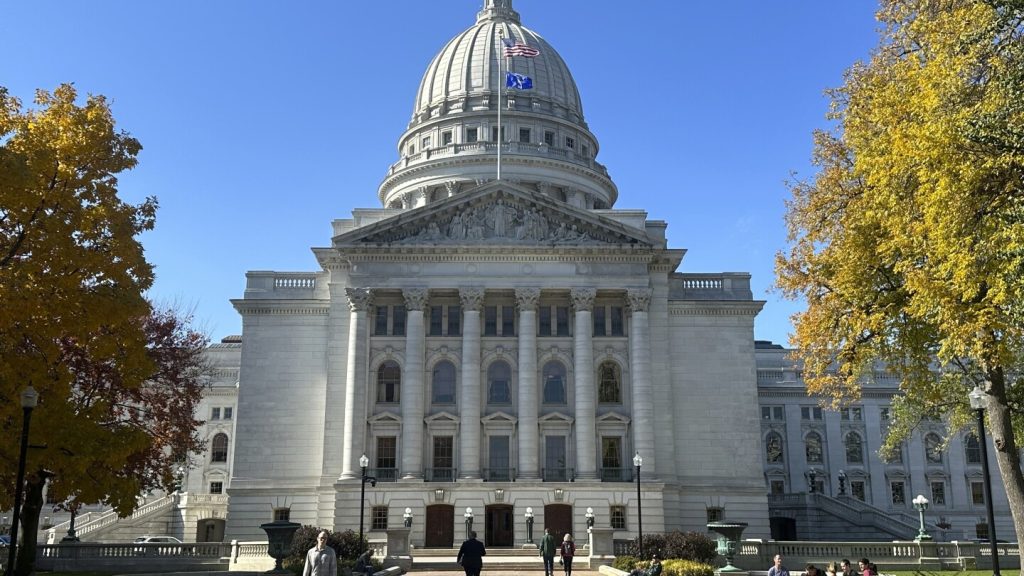The Legislature’s audit committee in Wisconsin voted to conduct a comprehensive review of diversity and inclusion efforts across state government, with Republican lawmakers seeking to limit such initiatives. This comes after Assembly Speaker Robin Vos stated his intention to eliminate equity initiatives, calling them “cancerous” and expressing a desire for a colorblind society. The audit will focus on compliance with Democratic Governor Tony Evers’ executive order requiring equity and inclusion plans in state agencies, as well as the costs and outcomes of these efforts. The review will encompass cabinet-level agencies, executive branch agencies, the Department of Justice, and the state university system.
Conservatives in multiple states, including Wisconsin, have been pushing to restrict diversity, equity, and inclusion initiatives, with Vos freezing diversity hires at University of Wisconsin and re-labeling positions. Evers’ spokesperson accused Republicans of using the audit bureau for ideological and politically-driven purposes, while Republican co-chair of the audit committee, Sen. Eric Wimberger, emphasized the importance of ensuring tax dollars are used wisely. Democrats on the committee, including Sen. Tim Carpenter and Rep. Francesca Hong, accused Vos of politicizing the diversity audit ahead of the November elections and predicted that Republicans will use it as an excuse to end diversity programs in state government.
The move to review diversity and inclusion efforts in state government reflects a larger trend of conservative lawmakers seeking to limit such initiatives across the country. Vos’ efforts to freeze diversity hires and eliminate affirmative action programs at UW-Madison highlight the ongoing debate over the role of diversity initiatives in government and institutions. The audit will provide insights into the impact and effectiveness of these programs, shedding light on the costs and outcomes of the equity and inclusion plans mandated by Governor Evers’ executive order.
The decision to conduct a comprehensive review of diversity and inclusion efforts in Wisconsin comes amidst a broader national conversation about the role of these initiatives in government and institutions. With Republican lawmakers across the country seeking to restrict DEI programs, the audit in Wisconsin reflects ongoing debates over the effectiveness and value of diversity and equity initiatives. The audit will offer insights into compliance with Governor Evers’ executive order, the costs incurred by state agencies, and the outcomes of these efforts, providing valuable information for policymakers and the public.
Critics of the audit, including Democrats on the committee, have accused Republicans of using the review as a political tool to further their agenda and deepen political divisions. Concerns have been raised about the potential impact of the audit on diversity programs in state government, with predictions that Republicans will use the findings to justify ending such initiatives. The committee’s decision to move forward with the audit highlights the contentious nature of the debate over diversity and inclusion efforts, with competing perspectives on the value and impact of these programs on government and society. The review will likely spark further debate and discussion on the role of diversity and equity initiatives in state government and institutions.
Overall, the audit committee’s decision to review diversity and inclusion efforts in Wisconsin state government reflects broader debates and tensions surrounding these initiatives at both the state and national levels. With conservative lawmakers seeking to limit DEI programs, the audit will provide important insights into the compliance, costs, and outcomes of these efforts, shaping future discussions and decisions on diversity and equity initiatives in the state. The audit is likely to prompt further political and social discourse around the role of diversity programs in government and institutions, underscoring the ongoing importance of addressing issues of equity and inclusion in public policy and decision-making processes.


